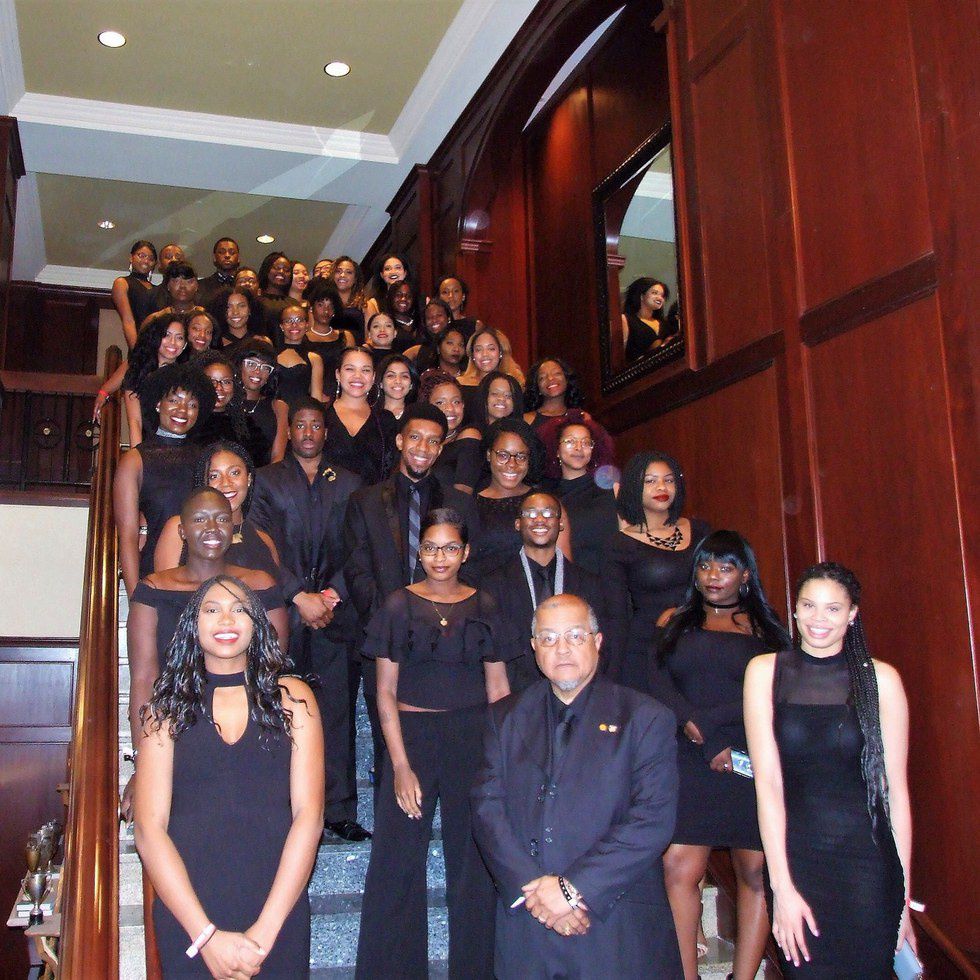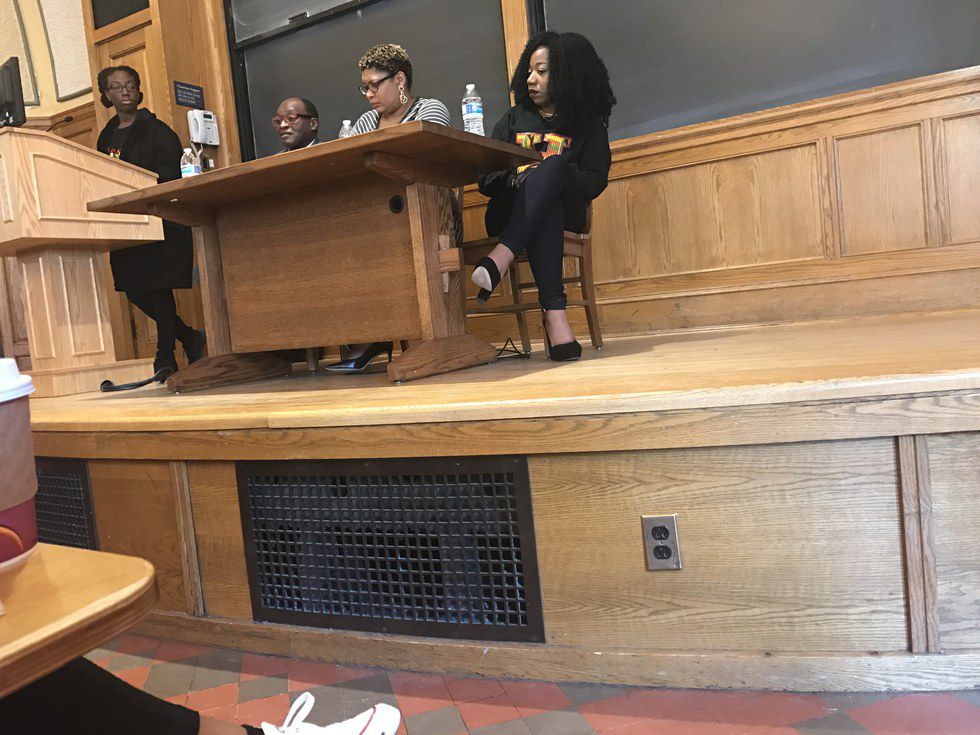For the last 22 years, Yale University has hosted the Black Solidarity Conference (BSC), a gathering of college students to discuss issues pertaining to the African diaspora. Both students and speakers traveled from near and far to be apart what is considered one of the only conferences of its kind. This year the theme was A New Dawn, A New Day: Promoting and Protecting Blackness in the Digital Age.
Each day is filled with a few talks and panels led by leaders of the Black community, then students break up into Ujima groups and have peer discussions about the content they learn/heard, providing a remarkable amount of insight and clarity. The themes brought up not only in the ‘professional’ talks, but also fly-by conversations forced me to look at issues in the Black community that I hadn’t fully considered. In my Ujima group, we talked about how the recent popularity of Black culture on TV and on the internet, is merely a fleeting trend, and when the next one comes we, as the future society, must be ready to protect Blackness for our children and grandchildren.
Many of the panels and workshops were about the representation of Black people in media (television, film and social media). The panels and workshops varied from how television executives and marketing firms advertise and portray Black people to how the recent advent of Black twitter is changing the way our community interacts. One of my favorite panel discussion was with a group of Black writers and journalists entitled, Give Us the Facts: A Conversation with Black Journalists. Kimberly N. Foster, founder and editor-in-chief of For Harriet, a publication directed towards Black women, explained that when she
couldn’t find any one publication willing to give her specific a voice so she created her own platform to do so. “I wanted to tell stories honestly and with clarity”, she asserted. The popularity of social media and blogs provided her the perfect opportunity to talk about issues that are rarely discussed by the major news syndicates. Even seasoned journalist Terry Samuel, a senior correspondent for the Washington Post, agreed that large newspapers look at small publications and social media for news because that is what people are talking about. The panelists showed me that even when others cannot value to Black experience, or Black talent, it is up to us to do the work and prove them wrong.
The conference was punctuated with a fabulous keynote dinner that allowed conference goers, in all of their melaninated greatness, to network and celebrate our blackness and the conference itself with the co-founder of #BlackLivesMatter and the director of the Black Alliance for Just Immigration, Opal Tometi.
Her words were profound, encouraging us to fight injustices in a productive way. She made it clear that she didn’t want her legacy to simply be the face of BLM, or to limit the movement by linking it to one tragedy or one guilty verdict. She stressed the importance of working together and using our resources to achieve one common goal. She finished her speech with a quote by Assata Shakur to uplift our spirits and encourage us to create a better tomorrow. Five hundred Black people all stood and proclaimed with love and unity, “It is our duty to fight for our freedom. It is our duty to win. We must love each other and support each other. We have nothing to lose but our chains”.


























